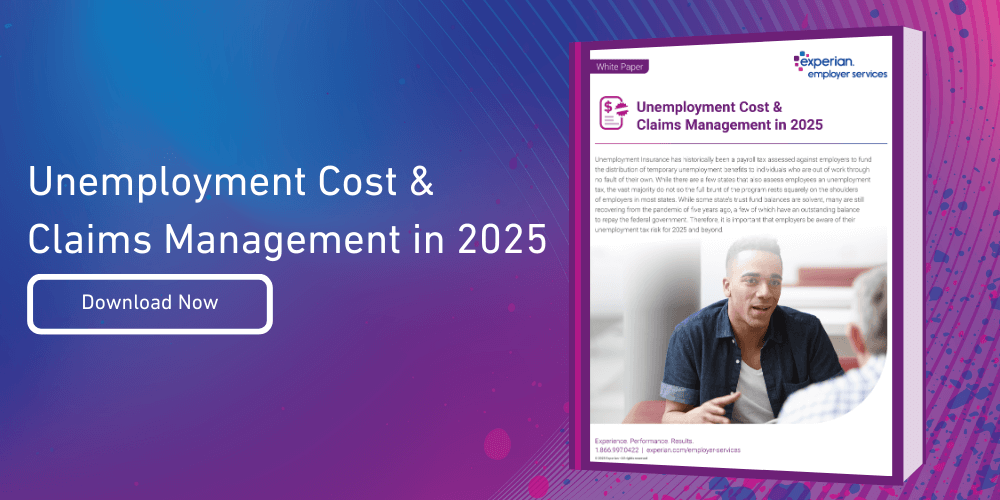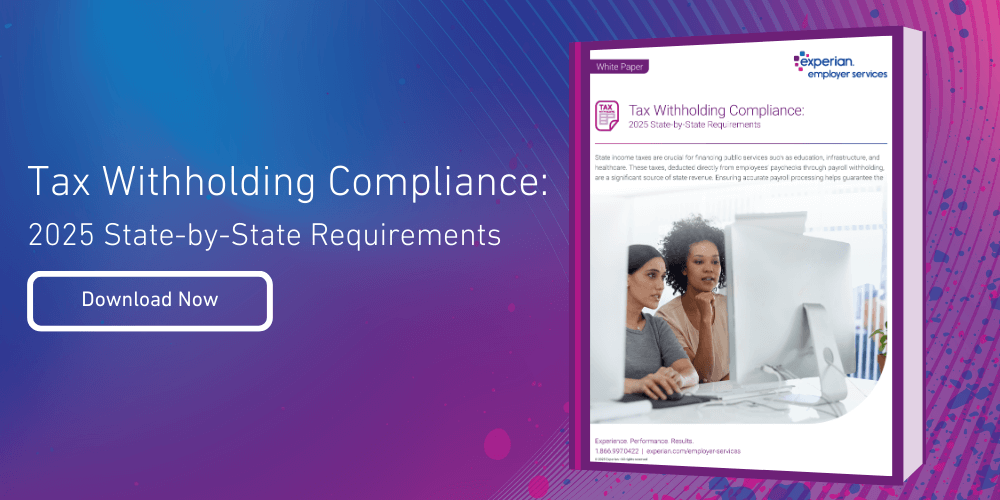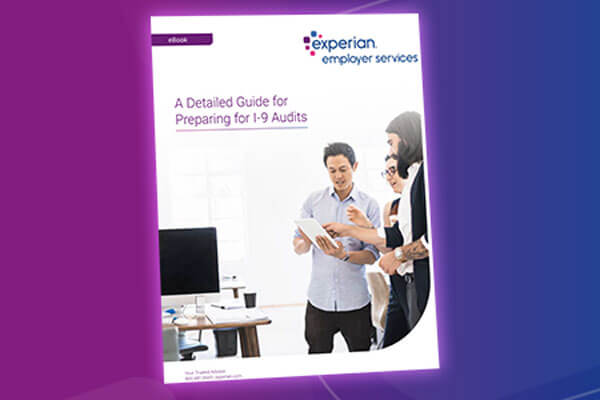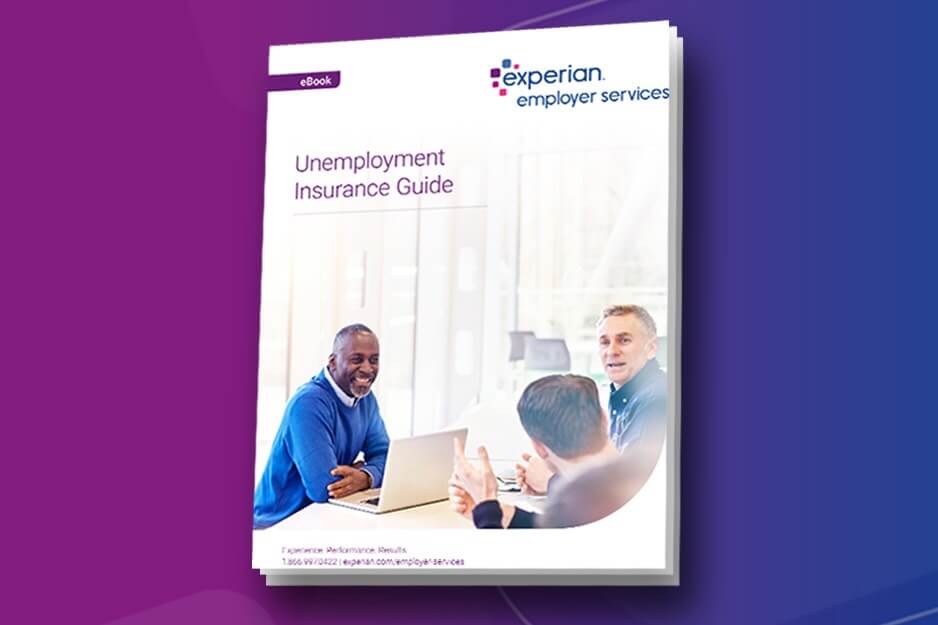
White Papers and eBooks
Resources for you and your team to save time and improve compliance

As the Affordable Care Act (ACA) continues to evolve, staying compliant is more critical than ever for employers. This 2025 guide provides a comprehensive overview of the latest ACA requirements, including significant updates to 1095-C delivery rules under the Paperwork Burden Reduction Act. Employers must now furnish forms upon request, with clear notice and strict timing requirements. The guide also outlines key ACA definitions—such as Applicable Large Employer (ALE) and Minimum Essential Coverage (MEC)—and explains how to determine ALE status using full-time equivalent calculations.

Unemployment Insurance has historically been a payroll tax assessed against employers to fund the distribution of temporary unemployment benefits to individuals who are out of work through on fault of their own. In most states, the full brunt of the program rests on the shoulders of employers. Therefore, it is important that employers be aware of their unemployment tax risk for 2025 and beyond. Download the white paper to learn what to expect and best practices to incorporate.

Ensuring accurate payroll processing helps guarantee the correct amount of state income tax is withheld for an employee to prevent surprises when they file their taxes. For this reason, employers play a key role in maintaining a positive experience for their employees with tax withholding. Maintaining proper withholding practices includes understanding state requirements where your employees live and work, and ensuring the proper withholding amount is deducted from paychecks based on their individual circumstances. Download this white paper for a state-by-state list of 2025 tax withholding forms, along with best practices to improve the process and the overall employee experience.

Unlock the Latest Workforce Compliance Trends and Challenges in HR, Payroll, and Finance. Read our exclusive report to dive deep into the results of a comprehensive survey of over hundreds of leaders across the U.S. Learn their top priorities, challenges, and solutions shaping the future of HR, Payroll, and Finance management.

Income and employment verification are often requested from various types of lenders, such as mortgage lenders, credit card companies, and landlords to ensure loan or housing applicants have the funds needed for these life events. In this guide, we'll walk through everything you need to know about income and employment verification in 2025, from key verification documents to best practices for employers, how to spot fraud, and more to ensure a satisfied workforce.

No employer is immune to the possibility of an Immigration and Customs Enforcement (ICE) audit of their employment eligibility documentation. The key to surviving an I-9 compliance audit is to be prepared for such an event in advance. This guide provides you with detailed tips and best practices you can use to improve compliance and prepare for a possible I-9 audit by taking corrective action for any irregularities found.

Unemployment Insurance (UI) provides temporary compensation to people who lost jobs through no fault of their own, and who meet other relevant criteria. This type of benefit is not available for workers who quit their jobs or are self-employed. The state governments pay unemployment insurance from a fund of unemployment taxes collected from employers. Learn how to better control this employer cost while improving compliance and your overall unemployment management process.

Verification requests are conducted by companies and institutions to confirm an applicant’s work history, including their income, job title or work responsibilities. In today’s digital age, employment verification requests are expected to be completed swiftly to ensure applicants can quickly provide lenders, landlords or prospective employers with their information. However, speed can result in costly errors, which is why it’s crucial to ensure security is top of mind throughout the verification request process.